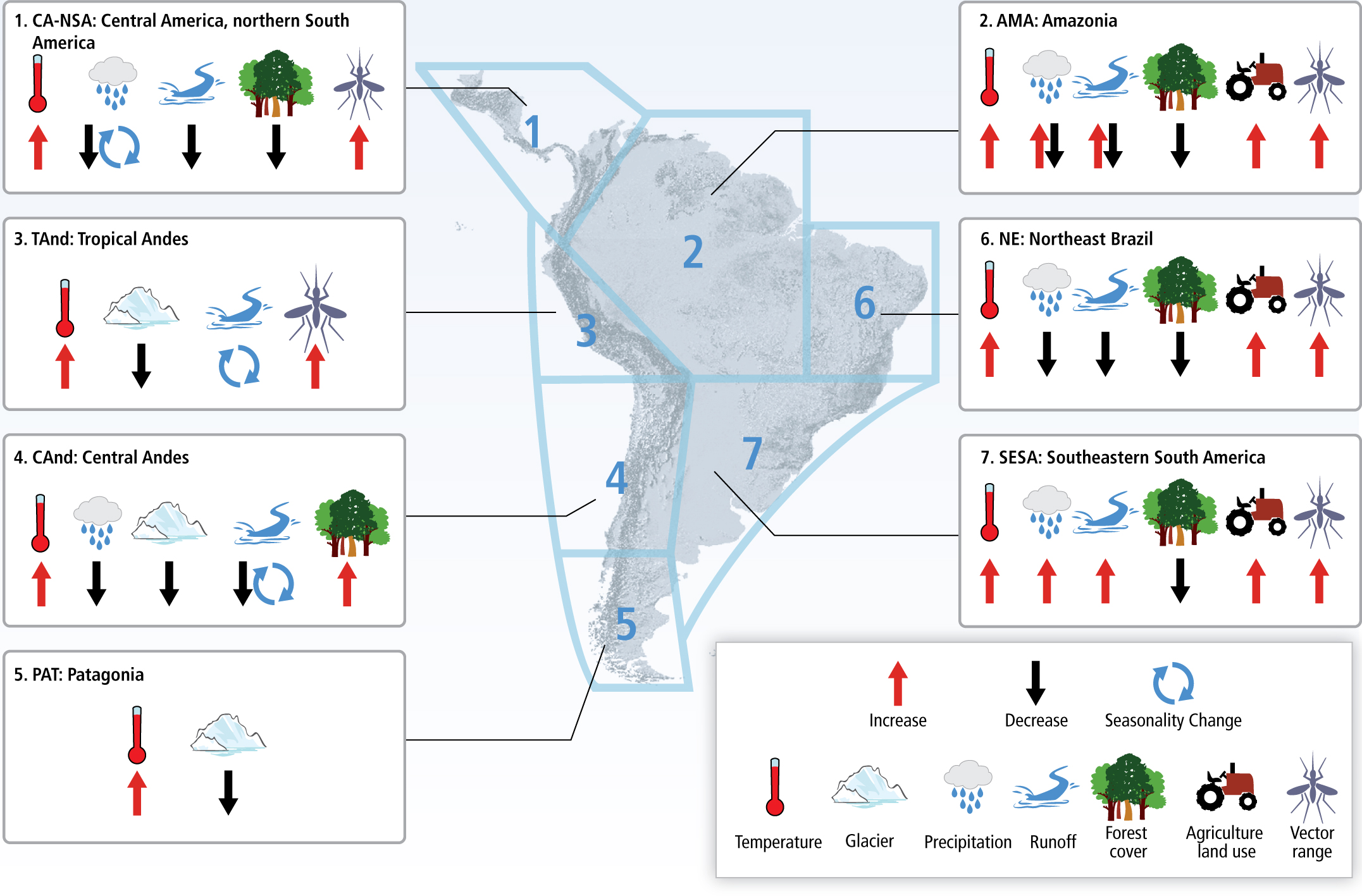A Visiting Scholar Fosters Connections Between Brazil and Texas

Norton Ribeiro de Freitas Jr., Economist at the Botanical Institute of São Paulo
2014-2015 Fulbright Visiting Scholar to Texas A&M—College Station
 As an economist, the science of ecosystem services – that is, the benefits provided to people by the ecosystems we live in – is something I have been interested in throughout my career. Yet after spending the last six years designing policies that encourage diverse landscapes, communities, and products, the abundant evidence of increases in extreme climate events in Brazil made me realize I had to go further. I knew that understanding the effects of land use alterations on forest ecosystem services was critical for mitigating and adapting to Climate Change, and so I decided to put my concerns into action to demonstrate how we might address complex ecosystem challenges more effectively.
As an economist, the science of ecosystem services – that is, the benefits provided to people by the ecosystems we live in – is something I have been interested in throughout my career. Yet after spending the last six years designing policies that encourage diverse landscapes, communities, and products, the abundant evidence of increases in extreme climate events in Brazil made me realize I had to go further. I knew that understanding the effects of land use alterations on forest ecosystem services was critical for mitigating and adapting to Climate Change, and so I decided to put my concerns into action to demonstrate how we might address complex ecosystem challenges more effectively.
The only way we can achieve real progress on some of the most complex issues that confront the world today is by people coming together to find workable, practical solutions. That is very much the Aggie Spirit in which I was welcomed to Texas A&M University (TAMU) as a Visiting Fulbright Scholar – the spirit to take our world in a positive direction, and the one in which I have sought the views of my colleagues on how to manage forests for ecosystem services more completely in Brazil.
Brazilians are now engaged with momentous issues, not least of which is how to navigate the rough currents of serious political and economic debate. But it is certainly reassuring that here, in TAMU, so much thought is being given to the profound changes we need if Brazil is to cope with the long-term economic consequences of climate change and the depletion of forests. As one of the largest universities in the United States, TAMU is an institution which matters a great deal to the international community and one whose voice is clearly heard. This growing importance is very recognized in Brazil, and I am pleased to know that the number of Brazilian students now coming to TAMU has increased by a remarkable 27%.
At TAMU, I have been fortunate enough to have worked with Dr. Bruce McCarl, who is among the world’s leading experts in climate change mitigation and adaptation. I spent four months developing a model to assess the benefits for creating working forests for energy generation and the restoration of riparian ecosystems, which the government of Sao Paulo can use to establish prudent and appropriate environmental policy planning. Through this research, I set up the “Brazil nut-cultivation for sustainable development in the Amazon Initiative” with the help of the Borlaug Institute for International Agriculture. The basis of this project is to apply economic theory to a climate change issue and encourage sustainable reforestation of degraded lands along the Amazon using Brazil nut trees in combination with other crops on small farms, training farmers in their cultivation and marketing and conserving forest areas and biodiversity.
Following intensive discussions with the private, public, and N.G.O. sectors over the past five months, this project will attempt to develop new partnerships to support Brazil’s environmental priorities in the areas of biodiversity conservation, natural resources, technology, and innovation. I intend to continue to increase contact and understanding between TAMU’S academic body with those in Brazil who are active in the environmental field, and with those who can provide the funding necessary to achieve what our experience and intuition tells us is surely possible – the scale of change required to rebuild the stock of natural capital.
I am truly grateful for coming to Texas A&M University (TAMU). I have come a very long way, indeed, to be here, and I can only express my warmest gratitude that Fulbright so kindly sponsored me on my program at the Department of Agricultural Economics.

